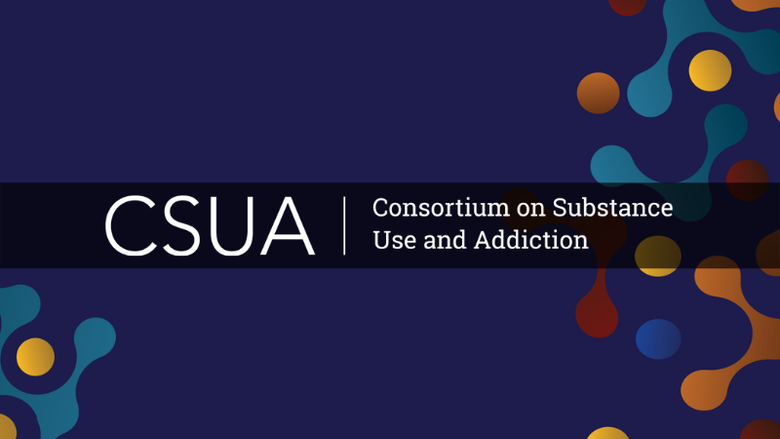
UNIVERSITY PARK, Pa. - Two faculty members from Penn State Berks will receive funding to begin a project through Penn State’s Consortium on Substance Use and Addiction (CSUA)’s Community Fellows Program to develop and evaluate innovative techniques that will educate police officers about addiction and treatment issues to decrease stigma and increase access to substance use disorder treatment. Jennifer Murphy, associate professor of criminal justice at Penn State Berks, and Brenda L. Russell, professor of applied psychology also of Penn State Berks, are this year’s Community Fellows.
Murphy and Russell will work with the Council on Chemical Abuse (COCA), which is the country authority for the planning and administering Berks County’s drug and alcohol services, serving as the dominant role in addressing the local overdose crisis in the area.
“We’ve worked with COCA before on past projects,” said Murphy. “We’re excited for this new collaboration because it will allow us to assist with training police officers about substance use disorders (SUD) while also decreasing the stigma that people with them face daily.”
Reducing stigma is important because it is a barrier to accessing treatment and relates to poor retention in drug treatment and adverse effects in mental and physical health. However, Murphy noted that stigma toward people with SUD can be reduced through education and interactions with people in recovery, but there is little known about the effectiveness that addiction education and stigma reduction trainings have on law enforcement.
“We believe that trainings on addiction issues will reduce officer stigma and improve officers’ ability to refer individuals into treatment,” said Russell. “In the past, we worked on projects designed to reduce stigma on campus, so this opportunity will allow us to work more closely with our community partners on the same issue.”
The two faculty members plan to work with COCA to update existing materials and create new curriculum materials that include topics such as SUD as a brain disease, medications for opioid use disorder, local services for SUD, overdose risk; stigma as a barrier to treatment; the impact of COVID-19 on SUD and treatment; intervention strategies, myths, and realities of drugs, dealing with burnout, and understanding trauma. Then they will pilot training workshops in one rural and one urban police department in Berks County to evaluate the effectiveness of the new curriculum. After, they will continue to work with COCA and a certified recovery specialist to create more SUD stigma reduction training and presentations that will be available in-person and online.
Eventually, Murphy and Russell hope that the pilot project trainings are successful in increasing knowledge and reducing stigma, so that the trainings will become institutionalized as continuing education for police officers throughout Pennsylvania.
Penn State’s Community Fellows Program provides support for faculty seeking to develop University-community collaborations that address harmful substance use, misuse, and addiction, and its spillover effects to families and communities.
The CSUA, housed in the Social Science Research Institute, draws on the expertise of substance-based researchers, educators and practitioners from across Penn State to develop and implement effective programs, policies and practices aimed at preventing and treating addiction and its spillover effects on children, families and communities.
For more information about CSUA and the Community Fellows Program, visit CSUA’s website or follow CSUA on Twitter.





